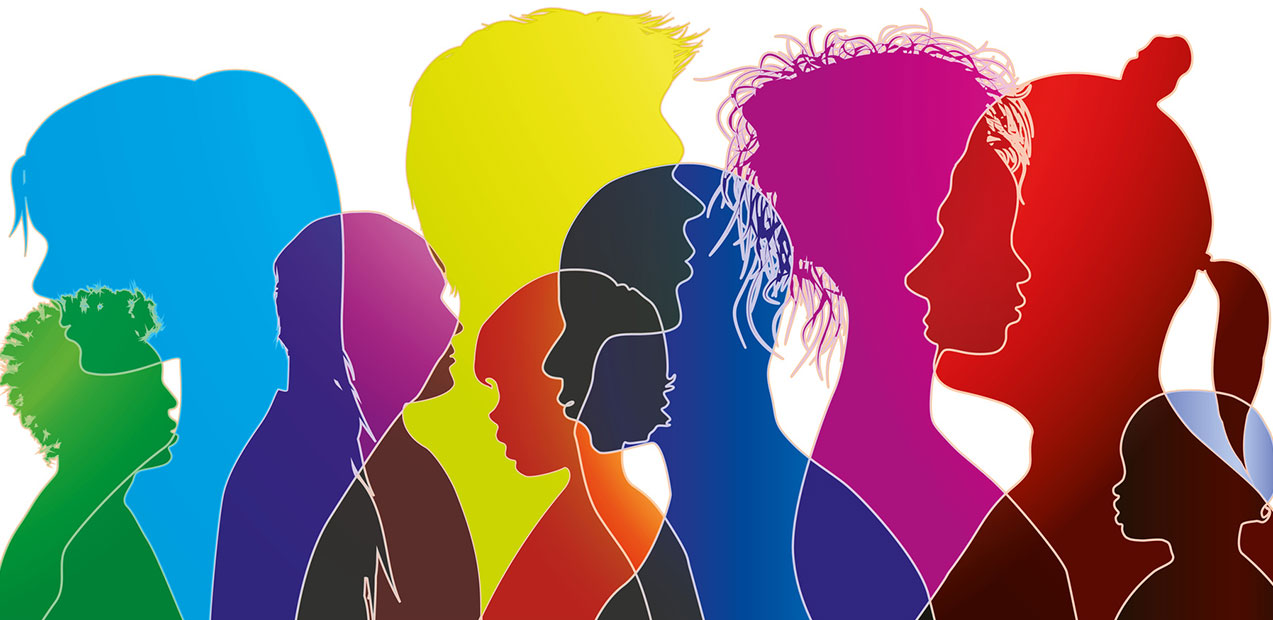
With the development of technology and the economy, people are no longer limited to one geographical location. The idea of cultural sensitivity has been brought more to our attention as people interact across many different cultures. If you are a company working with clients and employees from different cultural backgrounds, what can you do to train your people to have higher awareness and cultural sensitivity? Why is it becoming more crucial to understand the dynamics of a cultural sensitive in today’s workplace?

By definition from NYC’s Human Resources Administration, cultural sensitivity means being aware that cultural differences and similarities between people exist and have an effect on people’s values, learning, and behavior. More importantly, cultural sensitivity emphasizes the skills that allow someone to understand and learn about people whose backgrounds are different. The most important component of cultural sensitivity is understanding. A stronger understanding between different cultures will help develop deeper respect. The ability to be culturally sensitive is important for everyone whether you are a college student or an executive in a multinational company. The UN World Commission on Culture and Development Report puts it this way:
Culture is the whole complex of distinctive spiritual, material, intellectual and emotional features that characterizes a society or a group. It includes creative expressions, community practices and material or built forms.
In order to acquire and improve cultural sensitivity, learning and practice is the key. Like many things, there are no shortcuts. Before you dive into the learning process of other cultures, the first thing you should do is to learn about your own: talk with your closest friends and relatives, understand their story and their history, try and find patterns in society. This exercise will help you see how cultures influence everyday life. Logically the next step would be to start learning about other cultures. You don’t have to leave your hometown to start learning. Watching documentaries, reading books and visiting cultural centers or museums can be a great starting point for “traveling” to other cultures. Of course travel can bring a great deal of experience for learning about the world’s cultures, but also help people learn about themselves.

We explored individual development in cultural sensitivity, and it is not a difficult process. Let us turn our attention to the importance of cultural sensitivity in companies and how to support and develop a strong practice.
Improving a company’s cultural sensitivity is not like implementing a new project with a wide range of required effort and resources. It can be changed through people’s daily performance at work, and the benefits can be huge. Michael Collins, the Managing Director and Chief Marketing Officer at CFA Institute provided three tips for cultivating cultural sensitivity in global businesses. First of all, take the time to listen to the people you are working with and develop connections and personal relationships. Another essential component is operating with everyone in mind. Lastly, it is important to recognize the geographic differences and allowing regional teams to leverage local customs and environments in order to achieve their respective strategic goals.

Cultural sensitivity is not only crucial to large multinational companies that have offices across the world but also local businesses that serve a diverse community. In order to avoid negatively impacting incidents from lack of cultural sensitivity, companies should consider prioritizing cultural sensitivity in their everyday operations. The process of gaining cultural sensitivity is a top-down process. The leader of the company is essential when it comes to interacting with employees and people that the company serves. In addition, the culturally sensitive company will show its value through all different channels ranging from recruiting to marketing. The well-thought information and messaging that a company sends to its customers will help build a positive impression. Ignorance in cultural differences can cause great damage to a company, and it will take time and resources to restore the reputation.
Under globalization, more and more companies need to face a diverse group of clients and employees. How do we interact with people in the right way? How do we better address their concerns and requests? What can companies do to improve their reputation and status in the global market? These questions are all related to how companies incorporate a culturally sensitive mindset.

ATIOM is a mobile based training solution that makes learning fun, effortless and measurable. Request Your Demo Here.

